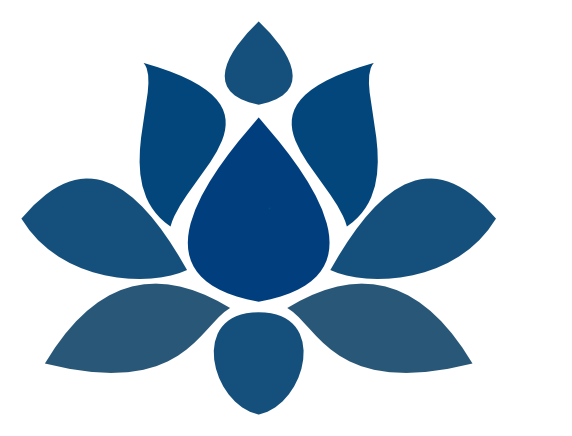Degree Goals
Academic Comepetency

- At the end of your course studies you have acquired in-depth knowledge in your spezialisation area (history, religion, language and literature, art and archaelogy or linguistics) of social transformation processes and entaglements of middle eastern cultures. You are avble to put your knowldge in relation to subjects and issues of neighboring disciplinces (e.g. islamic scienes) and to reflect and to compare parallel or counter-cyclical developements.
- In the inter-disciplinary course „Theories and Methods“ you have acquired and developed research issues and you are able to choose the appropriate theoretical and methodological approach.
- In the basic area you have acquired a general overview of various orientalistic disciplines and expanded your knowledge of your BA program.. You are able to classify previously unfamiliar sources self-reliantly (e.g. autobiographies, audio files, documents, historiographies or stucco elements) and to evaluate them appropraitely in the historical and cultural context.
- Working extensively with document mateials you are able to analyze texts in your main language (Arabic, Persian, Turkish or Hebrew).
- With your master thesis you conduct your first research work on your own. You develop your own line of arguments and present new results. In the academic field you are able to present your arguments convincingly in oral or written form.
Personal Developement
- Critically questioning the own perspective is inherent part of this masters’s program. In our courses, offered by various chairs, you repeatedly exercise to broaden your perspective. In academic discussion you are strengthening your ability to question your own perspective and the perspective of others critically and to understand these perspectives as shaped by historical and cultural factors. You are able to reflect different views and to justify your own view on factual arguments.
- By the organiozation of an international work-shop you have completed representative tasks, developed your own ideas and shown that you are a team-worker
Competency for Qualified Employment
- In classes and lectures your received you acquired the ability to do search for information in at least one oft he four languages.
- By means of the module „Theories and Methods“ your received the ability to organize conferences and work-shops. The practical experience include the developement oft he academic concept, public relations, budgeting and support of our guest speakers.
- In the course of two internships in an academic field (e.g. Leibniz-Zentrum Moderner Orient, Orient Institut Beirut/Istanbul, Louvre, Institute du Monde Arabe, Bibliotheken, Federal Agency for Civil Education.) you have made your first professional contacts, gained experience in academic day-to-day life and applied your expertise in a vocational context. For instance you are able to analyze an article on a current topic in the cultural departement of a German embassy.
- Familiarizing yourself with methodological and theoretical approaches, you have taken an early step for your future academic carreer. As you have shown in your master’s thesis you are able to develop research issues and discuss their limitations and potentials critically.
Social Responsibility
- Choosing the master’s program Cultural Studies oft he Middle East you already signalized tyour consciousness of current social developements and their broader historical context. Your eye for minorities, border regions and peripheries is sharpened – your expertise wanted in NGOs and administrations.
- By the involvement in the Elite Network of Bavaria you have the opportunity to build your own professional relationships, transcending the bounderies of your discipline – and to develop new ideas with highly-motivated colleagues.
- By the theoratical discussion and the personal encounter e.g. during an internship abroad you broadened your intercultural abilities. You are able to attend current social debates and developements constructively with your transfer of knowledge- who, if not you?
